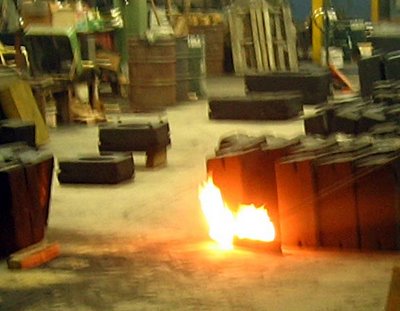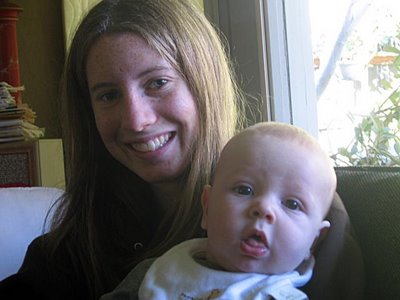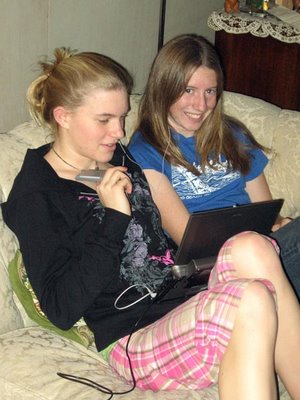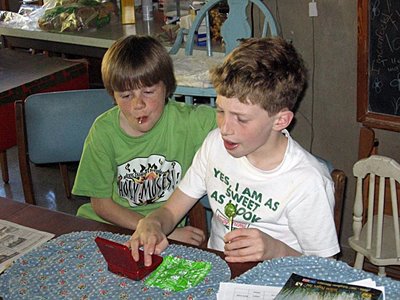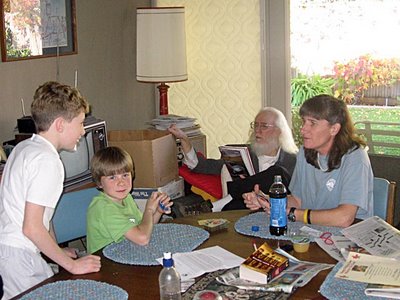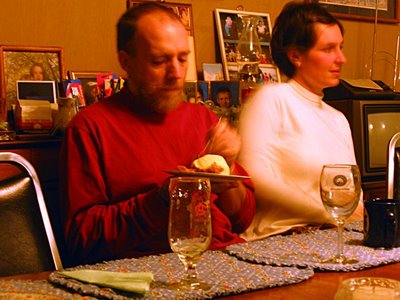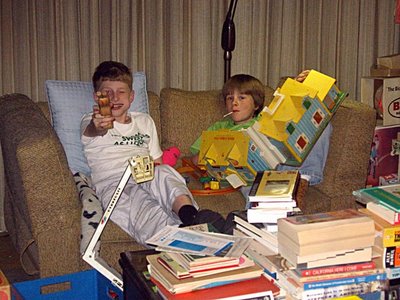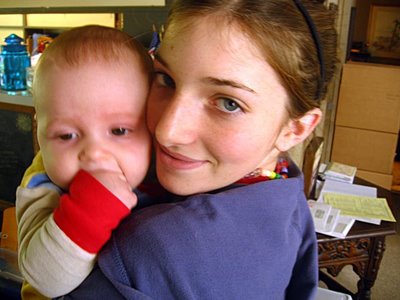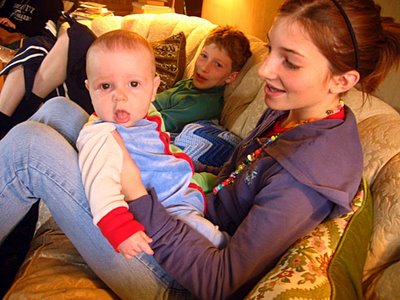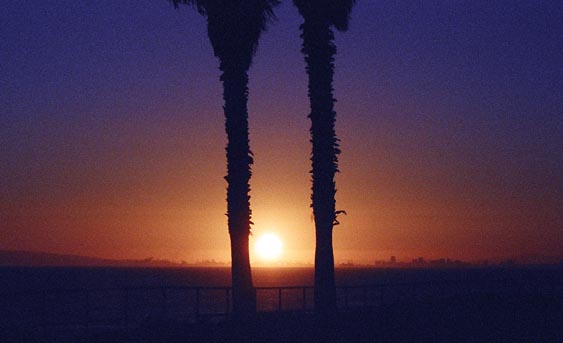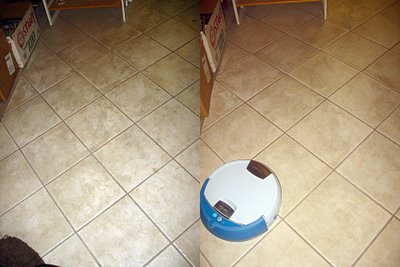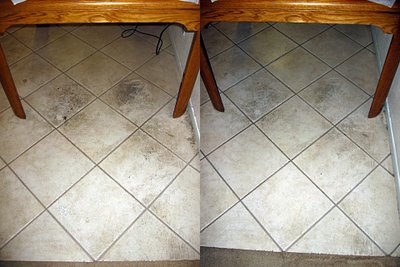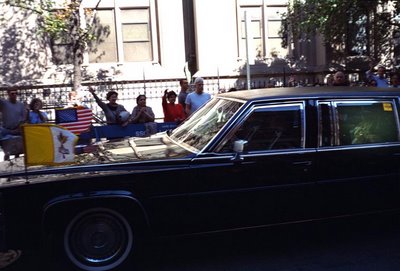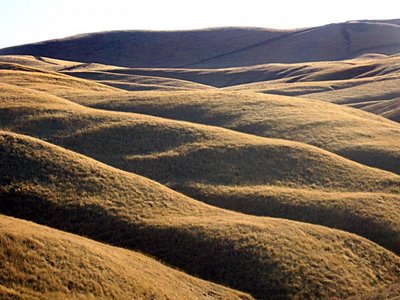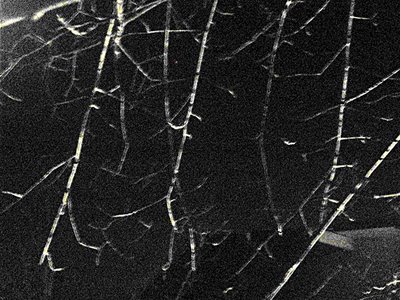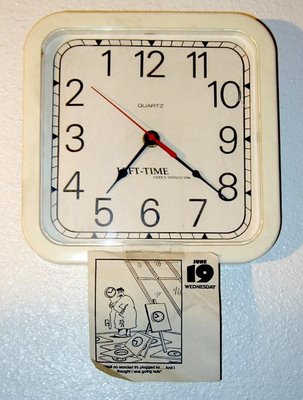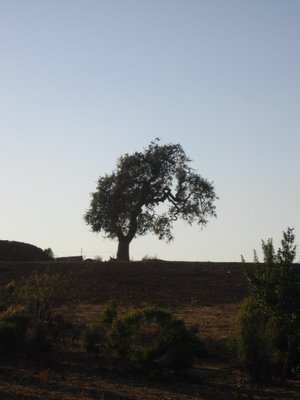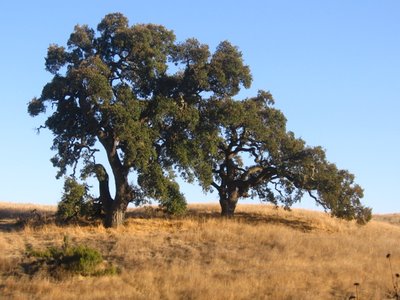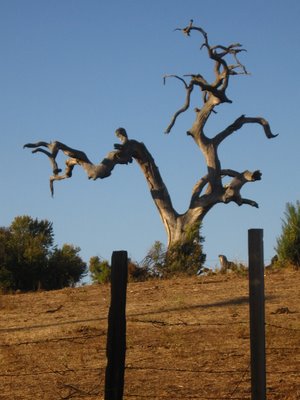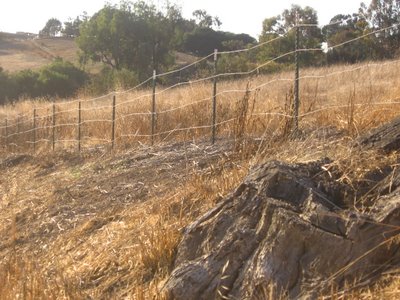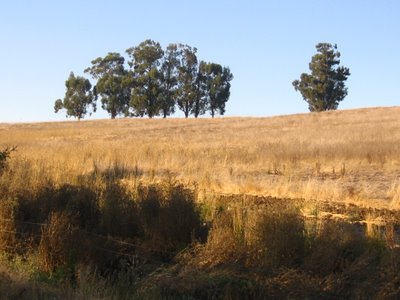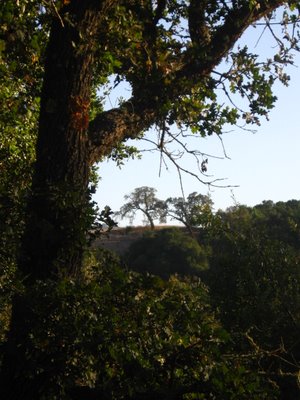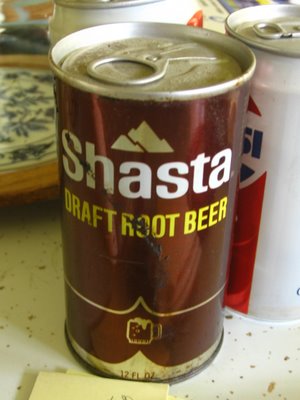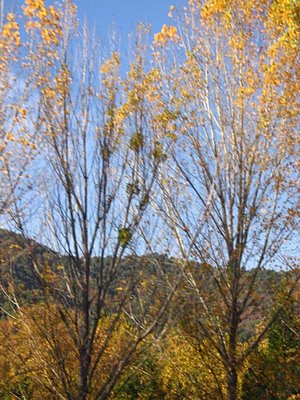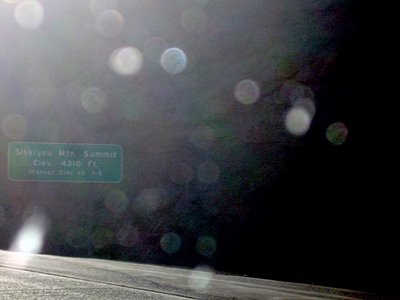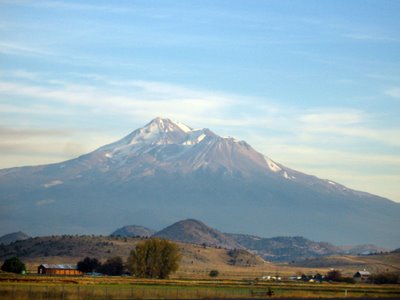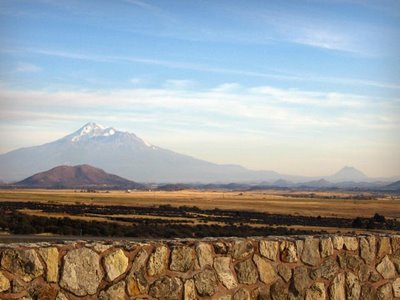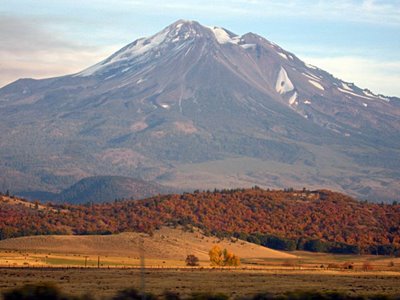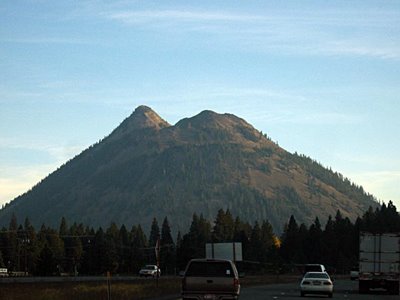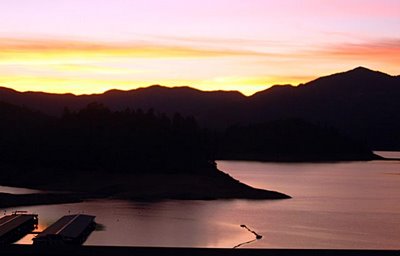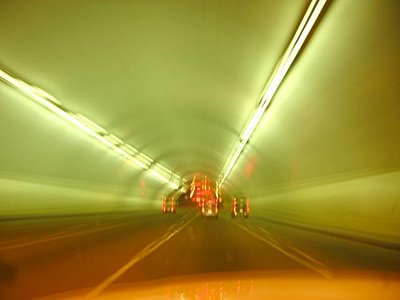CNN.com
reports today that the Web has more than 100 million sites, as of October 2006.
In August 1995, it says, there were only 18,000 sites. (CNN's numbers come from a company called Netcraft, from Bath, England, which has been tracking Web statistics since August 1995.)
The first Website ever was established at CERN in 1989, the brainchild of Tim Berners-Lee and others.
So in its first six years, the Web expanded 1,800,000%. In its next 11 years, the growth rate dropped below 600,000%. In the past 30 months, says Netcraft, the Web has only doubled in size, from 50 million sites to 100 million sites.
What's fun in these statistics for me is knowing that in 1995 I had one of the only 18,000 Websites out there. I had no idea it was such a rarity at the time.
I'd have to dig through old records to figure out when I registered the domain
mrjumbo.com, but by 1995 I was already using AOL to post HTML pages and .JPG images to mrjumbo.aol.com, or whatever the address was for the Websites they gave members.
It was a bit of a hack, using a somewhat clunky AOL FTP interface to put files in public view, but AOL made it possible, and using a Macintosh, which had the only multitasking OS widely available to ordinary users at the time, it was easy enough to edit HTML text in one program, pictures in another, and post them to the Web in a third.
Eventually the 10MB of space AOL provided got too confined, and I signed up for a Website on a shared Apache server that gave me more elbow room. I kept it up to date pretty regularly until 2000, when I moved, took on a new job, and ran out of free time. I still have a backlog of several years worth of exploits to post, one day when I run out of higher priorities. Since 1999, my home page has been updated three or four times and visited 42,000 times.
Nowadays I manage a few other Websites as well, plus there's this blog, which seemed revolutionary to me when I started keeping it. It's a different style of posting, more of a journal and less of a static collection. But when I ran into an old friend online a few months ago, as I was giving a new computer a test flight, he pointed out that I'd been blogging way back in 1995, only they didn't call it that. I'd go somewhere, or do something, and post stories and pictures of it online. I guess he wasn't far off.
I do love the modern blog interface, which lets me post my ramblings easily--too easily--through forms on a Web page. The even bigger enabling move for me was moving to a digital camera, where now my pictures are available to post online as soon as I take them. Technology at all levels has improved: operating systems, individual applications, connectivity, Internet bandwidth, browser abilities. (Don't ask how much oil we're burning to keep this effigy alight.)
On my own-designed Website, I liked the control I had over what fell where on the page. Navigating through posts on a blog tends to be fairly linear, based on chronology. On my Website, I could set up navigation that way if I chose, or I could build something more hierarchical, with information clumped around different topics, or I could design an interface that was even more jarring and random. I can customize the blog interface here, to some degree, but the technology is at once more arcane and less exciting.
One of these days, maybe I'll start sticking all these blog postings back on MrJumbo.com. Here or there, it's fun to be adding to the 100 million pages of dribble that make up our generation's paean to civilization. Look on our works, ye mighty, and despair.


